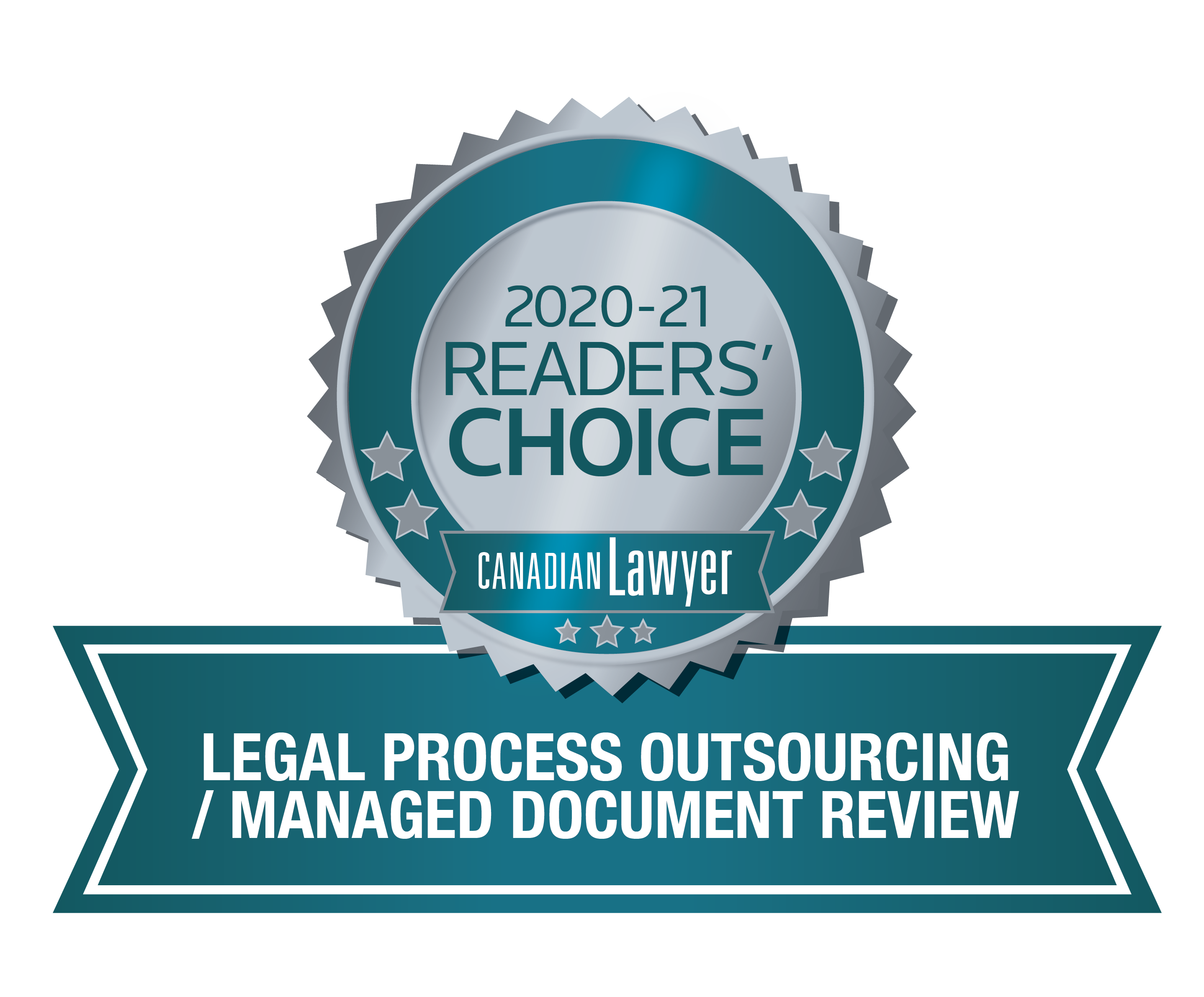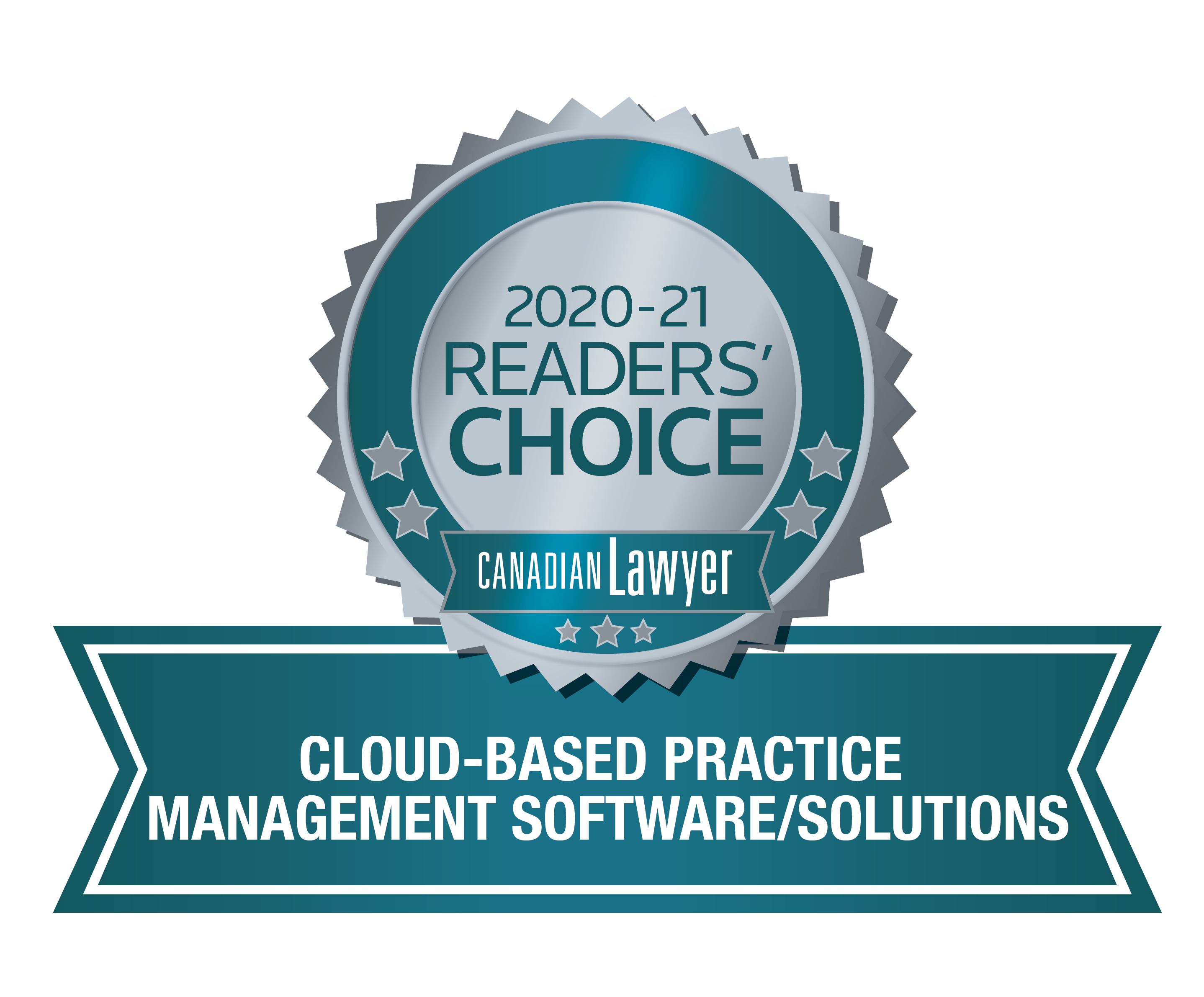
It is undeniable that legal tech plays an essential role in supporting the advancements of our industry resulting in automated processes and cost-containment. Even amidst a pandemic, Ryerson University recently launched a new incubator program designed to help legal tech startups get to the next stage. As the number of solutions continue to grow (the legal AI landscape increased by 65 per cent in 2018 alone), it can be easy to feel overwhelmed and unsure of which to invest in.
That's where 'innovationwashing' comes in. Much like how 'greenwashing' portrays companies with a pro-environmental spin or 'pinkwashing' makes companies look to be progressive, ‘innovationwashing’ makes companies appear to be “smart, digital and tech-savvy.” In a recent Forbes’ article, Let’s Put an End to ‘Innovationwashing’ In The Legal Industry, Niels Martin Brochner makes an argument against this popular marketing ploy.
According to Brochner, innovationwashers take the shine from “truly innovative firms that actually make a difference.” In turn, this tactic makes it harder for consumers to navigate the saturated market. Often, a fear of missing out gets the best of many legal teams and leads them to buy into the latest ideas because “everyone else is doing it.” Brochner compares this rationale to be somewhat like a gym membership you subscribe to and gladly wave around, but never actually use.
So, how do you take part in the digital transformation without making the wrong investment? Here are five critical questions to ask yourself:
1. Will it really save you time and money?
The legal world is an hourly-billed one. How will this investment help your bottom line? Look for tools that will truly automate mundane processes, fast track repetitive tasks and lighten administrative chores. This way you can spend your time on assignments that require your professional take.
2. Does it enable you to make data-driven decisions?
In 2011, Peter Sondergaard, former SVP of Gartner, famously said, “Information is the oil of the 21st century, and analytics is the combustion engine.” Nearly a decade later, this quote is more relevant than ever and we’re seeing the boom of big data in the legal profession. Utilizing analytics in our industry helps legal teams narrow in on the most important parts of a case, reduce costs and improve the decision-making process. Legitimate data-driven solutions are a real innovation that should be embraced in 2020.
3. Can you leverage the solution across multiple departments and roles?
It’s important to avoid “one-time fix” solutions. For example, when considering a contract analysis AI, see whether it can also be used to identify privacy information or relevant facts that can also be used to assess gaps in the opposing counsel’s production. A solution you may think will help one department can often help another, creating a cross-functional effort to support other stakeholders and the greater business.
4. Will the solution provider support your success?
There’s a lot of time and money that goes into training your staff on a new software. For this reason, seeking a provider that supports your success has become one of the most important factors to consider when evaluating new solutions. Find a company that can take you from start to finish, and beyond with continuous professional support as new questions or additions to the team arise.
5. Is the solution realistically going to work for you?
If you specialize in X, but the solution only really helps with Y, will it be a worthwhile investment? Innovationwashed products are marketed to appeal to the masses, but in reality, their use cases can be limited to certain areas of law or team dynamics. Narrow in on solutions that will support your priorities and business model. Remember, every solution you invest in should empower your team to work smarter.
---
As with all investments, it is important for consumers to do their homework, compare different models and be critical from the onset. Are you wondering how to choose the best information management solution for your team? We’re here to help.
You may also be interested in...

Flexibility: How does technology and service adapt to your organization?
Learn how to find a flexible technology solution that meets your business' needs — not the other way around.

Four Reasons Why an On-Demand eDiscovery Model Could Work for Your Firm
For decades, firms have had to purchase the infrastructure and licenses for software to review their data and invested in robust software to process it. Smaller firms who were unable to purchase processing software would opt to outsource services such as the processing of electronic documents, unitizing and coding of documents. On-Demand eDiscovery is changing that.








